I am of reproductive age with irregular periods and for a couple of years have been noticing sleep disruption in the week or so before my period. I also have acne outbreaks around the same time. Both issues, as I understand, are due to estrogen drop. I am considering using hormonal birth control to address these issues, and I have several questions: What method of hormone delivery would be least likely to have side effects and most effective in terms of helping with sleep? The pill, arm implant, IUD? Is there a specific formulation in terms of the hormones themselves to look for once I narrow down the method?
– Liza
I find it incredibly satisfying when contraception can do double duty — not only preventing pregnancy but also treating unwanted symptoms. But before we consider which contraceptive method will give you the most bang for your buck, I would recommend discussing your irregular periods with your doctor.
If your periods vary by more than seven days from the first day of one period to the first day of the next, and you are under age 45, you should have a workup to look for causes of irregular periods other than perimenopause. Polycystic ovary syndrome, hypothyroidism, and high levels of the hormone prolactin among other things should be ruled out. This can be done with a blood test.
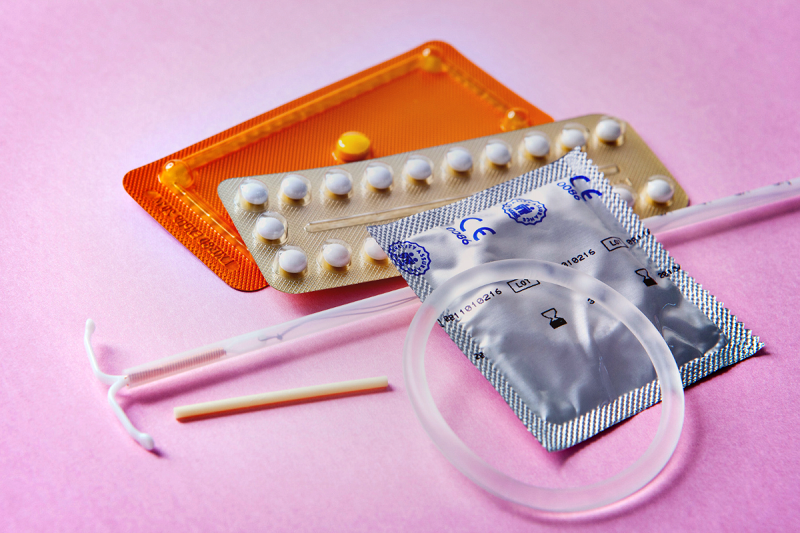
Once your irregular periods have been evaluated, if it seems like no other treatment is needed, we can consider which hormonal contraception might be helpful. In your case, we would like a method that would both regulate your periods and improve your sleep and acne in the week or so before your period.
Several methods would either regulate your periods or get rid of them altogether including a progestin-eluting IUD and progestin-eluting implant as well as birth control pills, patches, and rings. However, only methods that contain both estrogen and progesterone — in particular, birth control pills — are likely to improve acne and hair loss. In fact, hair loss is a known side effect of the progestin-eluting implant Nexplanon.
Methods that suppress ovulation are most likely to improve disrupted sleep just before your period. As a result, progesterone-eluting IUDs are unlikely to be helpful. Here again, a combination birth control pill is likely to be helpful.
The takeaway: Birth control pills are likely to help with disrupted sleep, acne, and hair loss, as well as regulate irregular periods. However, any woman under age 45 should be evaluated for treatable causes if she has irregular periods.
Community Guidelines















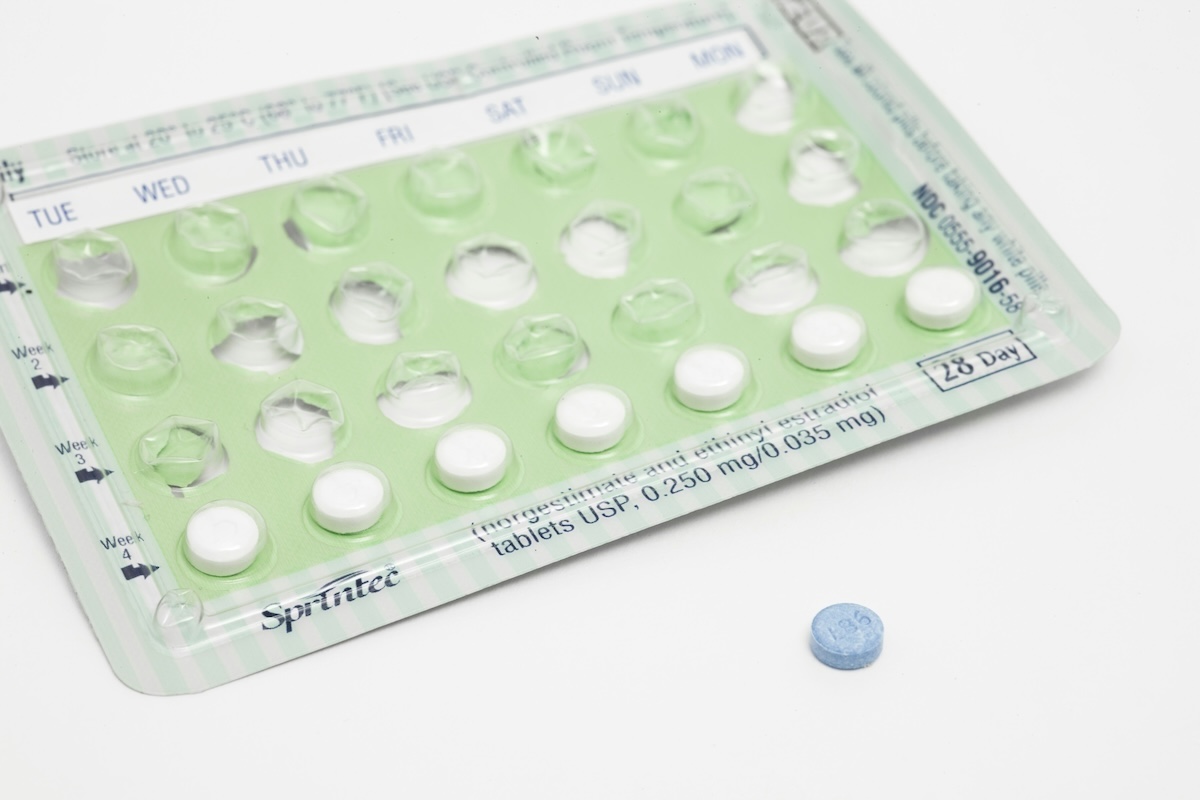
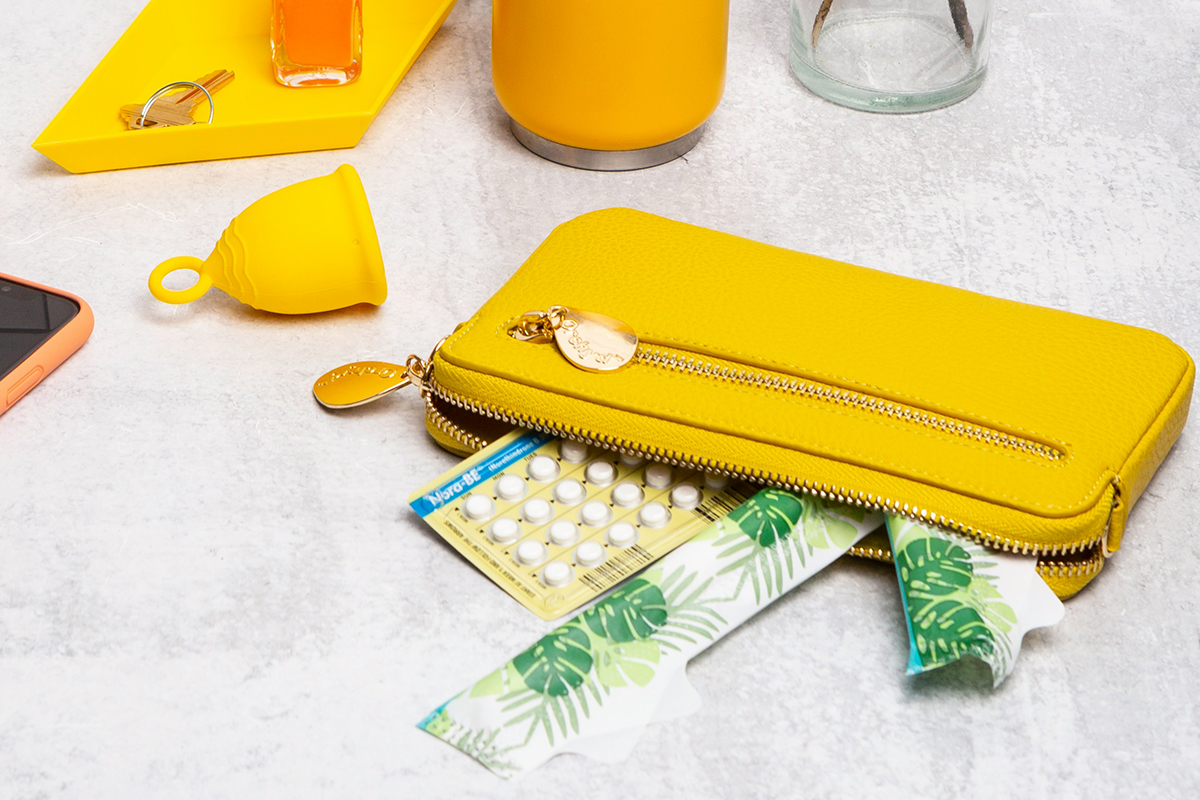
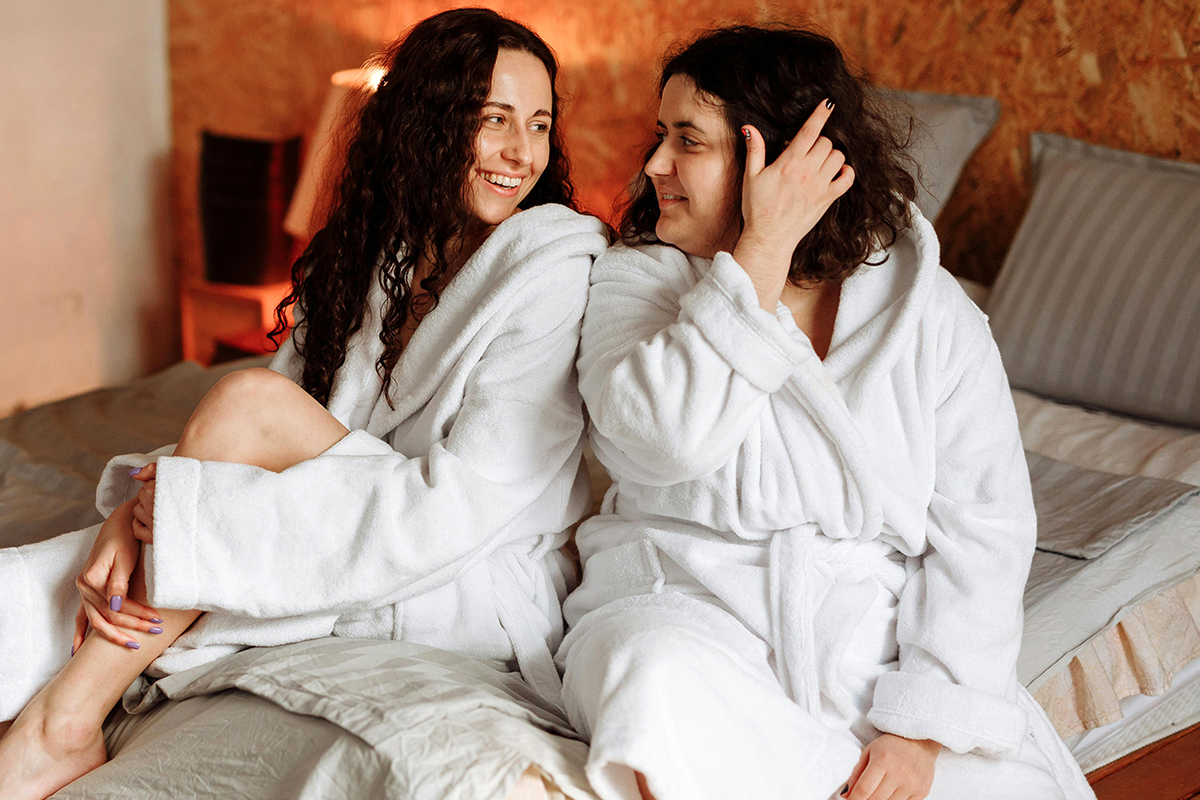
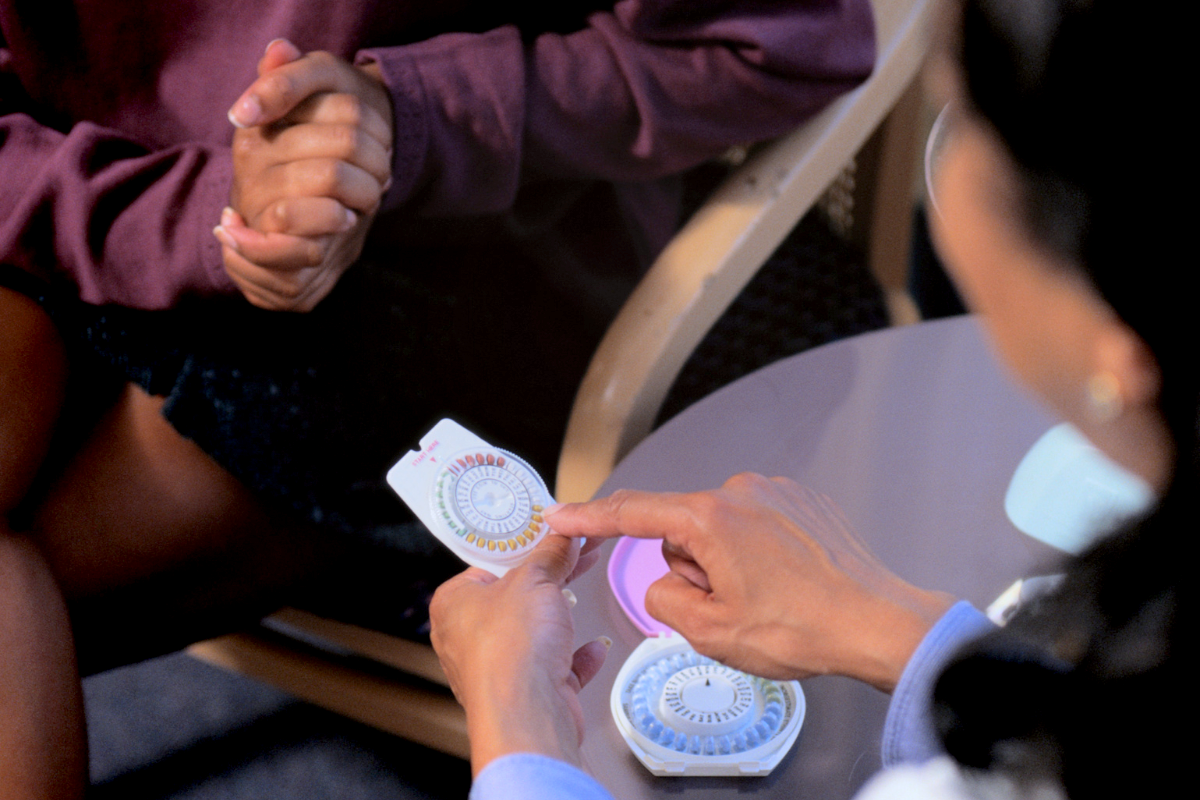

Log in